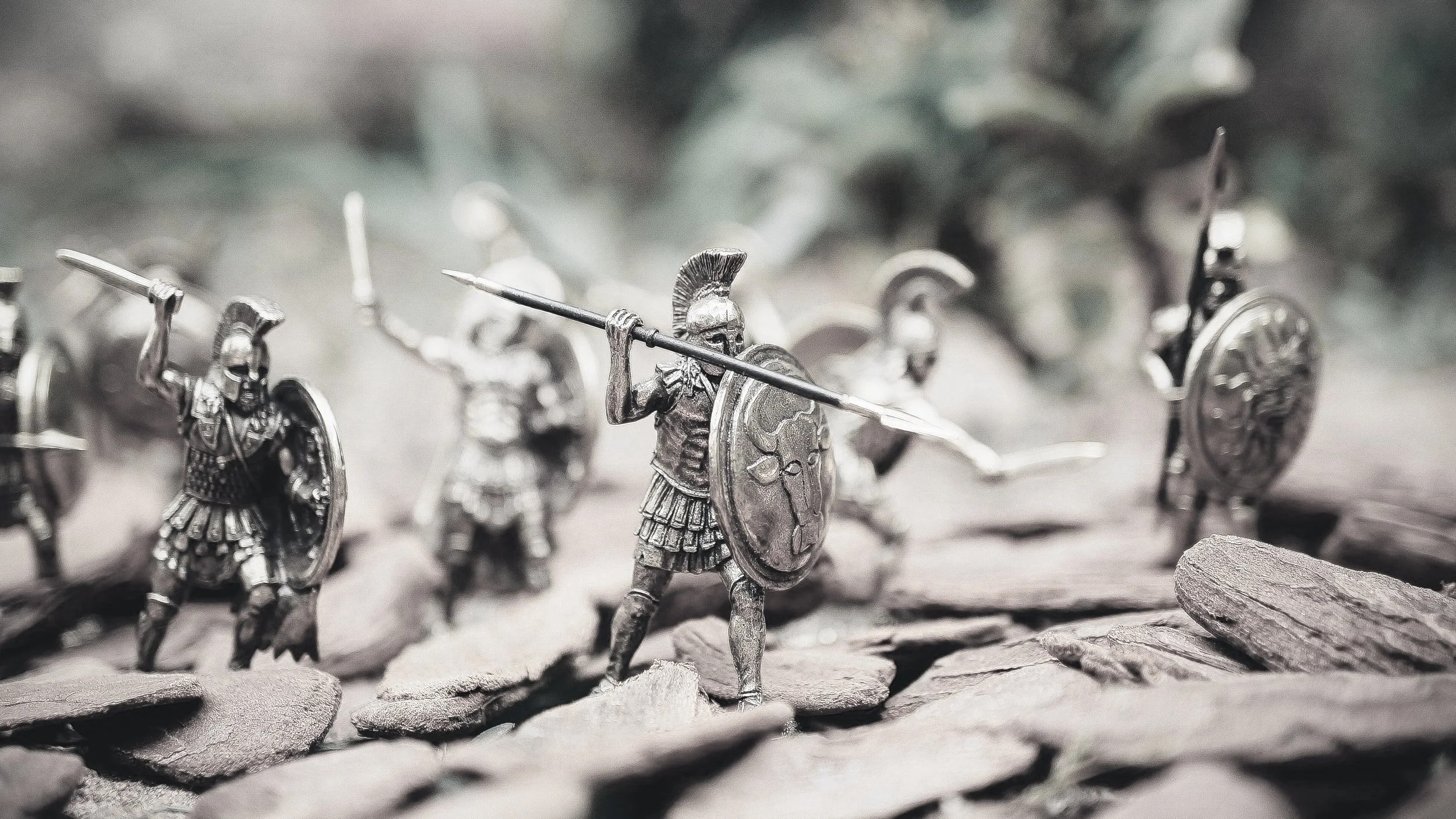This is a paradox.
How can two things be “the same” and yet “different”? What allows for this tension?
Read moreYour Custom Text Here

This is a paradox.
How can two things be “the same” and yet “different”? What allows for this tension?
Read more
Standing directly across from Christmas, the Feast of the Nativity of St. John the Baptist marks the dawning of something new. John said he was not the light, but that he came as a witness to it. On this day we light a fire, a big brightness, and we bring the brightness of the summer sun into the orbit of God’s Story. We bring the order of Creation into the Order of Redemption.
Read more
In an age in which the goetic malaise of Determinism lays thick and miasmic like fall-out, it is the place of the church to embody the truth that “whom the Son sets free is free indeed” (Jn. 8:36).
Read more
The civil war into which Israel falls is not a consequence of this system but its very mechanism. When the state becomes a self-originating polity, and no longer the servant and heir of an law which came before it from something beyond it, all confidence in its own government falters. Every voice of opposition is interpreted as a voice of a rival. When the ideal king of Deuteronomy 17 rules having received and recorded the law from the Levites, dissent does not merit violence. The voice of dissent does not equal a contestation of the authority of the Law.
Read more
On Shavuot, grain, wine, wine, oil were brought-in and a feast was made. So also on Pentecost, the oil of the Spirit is poured-out, the wine of the Spirit if given, and the harvest of the Gospel is annually celebrated.
Read more
After the Fall Adam and Eve were told that Pain and household division, frustration and toil, futility and thistles, would be the fruit of their labors. Volpone’s answer, it seems, is to avoid labor altogether. The irony is that the more he seeks to avoid the thistles and futility of labor, the more deeply the thorns and frustration sting him.
Read more
Dialogue, biblically speaking, is glory. To be brought into speech with God and to share in communion with one another, this is glory.
Read more
Drawing himself up to his full height he speaks: “I invited you on board — but only on conditions. I am the only man allowed to carry arms on this ship. You are not in Haiti now.”
Greene writes “That phrase spoken with conviction really disconcerted the officer. It was like a magic spell — he felt unsafe. He looked around at all of us, he looked around at the cabin. '‘Pas a Haiti?’ he exclaimed…”
Read more
“Being real” is something of a cultural proverb, an uncontested truth. It is often set in juxtaposition into “being a hypocrite.” But perhaps these nice boundaries are mislaid, perhaps this dichotomy is not quite true, not quite the full picture. Perhaps this seemingly settled position needs to be unsettled —if only a bit— by the destabilizing force of the truth.
Read more
It sounds like a joke: “You know that film where Tom Hanks plays the ‘fixer’ for the Irish mafia in the Midwest? Never heard of it? Oh, it’s directed by the guy who directed the two Bond films,Skyfall (2012) and Spectre (2015) and features Paul Newman as the mobster, Daniel Craig as his spoiled son, and Jude law as a necro-pathic killer and photographer.”
Read more